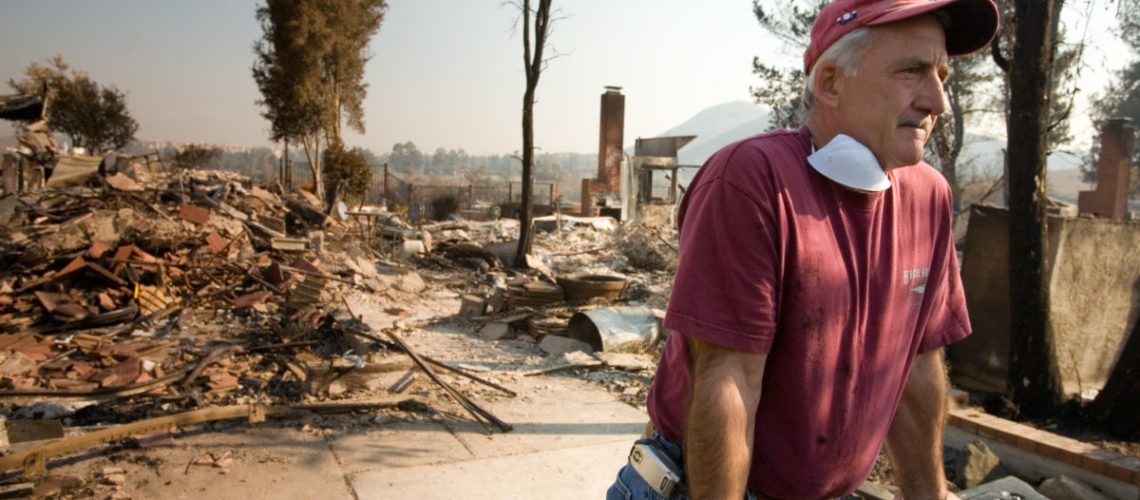The funds are allocated to help communities boost climate disaster resilience with net-zero technologies.
The Federal Emergency Management Agency (FEMA) announced it is administering three grant programs to ease the cost of net-zero energy projects like solar, heat pumps and energy efficient appliances. This is the first time FEMA will directly fund net-zero energy projects.
FEMA will make funds available via its Public Assistance program, which covers the rebuilding of schools, hospitals, fire stations, and other community infrastructure during post-disaster events. It will also administer funds via its Hazard Mitigation Grant Program (HGMP) and offer incentives through its Building Resilient Infrastructure and Communities (BRIC) grant program.
Examples of eligible net-zero projects are solar microgrids, heat pumps, certified high-performance appliances and passive heating or cooling. States, tribes and territories can now submit expenses for these activities for FEMA reimbursement, said the agency.
Any disaster declared after the passage of the Inflation Reduction Act, August 16, 2022, can now take advantage of the funding opportunities. FEMA said as of January 30, more than 80 disasters have been declared across all 10 FEMA regions in that timeframe.
FEMA said climate related disasters continue to become more frequent and severe. In the 1980s, the United States average 3.3 disasters costing more than $1 billion each per year, adjusted for inflation. Since 2019, the U.S. has averaged 20.4 disasters of such magnitude, with 2023 having 28 weather and climate disasters costing over $1 billion each. In 2023 alone, FEMA spent over $10 billion on rebuilding and hazard mitigation construction.
The FEMA funded projects are designed to boost community resilience under pressure from climate related disasters. They also support the Biden Administration’s goal of reaching net-zero emissions economy-wide by 2050.
“After a disaster, communities don’t just want to build back. They want infrastructure that will last and will serve them better in a future that promises more extreme weather events fueled by the climate crisis,” said John Podesta, senior advisor to the President for Clean Energy Innovation and Implementation.
Any community interested in introducing low-carbon materials or implementing net-zero energy projects can work directly with their point of contact at their FEMA region or reach out at FEMA-IRA-Implementation@fema.dhs.gov or fema-climate@fema.dhs.gov.



